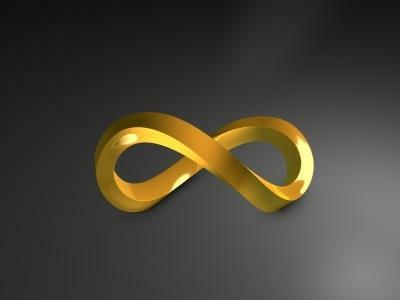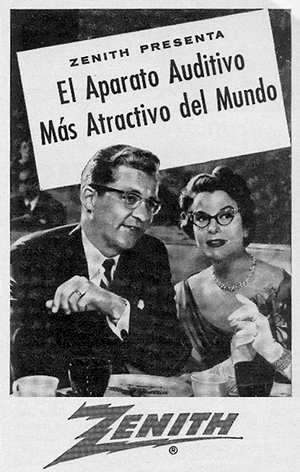Literary Essay on Music
Miscellanea / / November 09, 2021
Literary Essay on Music
Music, the highest form of art
Of the seven "fine arts" that the muses saw fit to bestow on humanity, music occupies a prominent place in my heart. The reasons for this may seem extravagant to the reader, being that I can hardly make a guitar cry or force the miserable wailing of some flute. But they are what they are, and these reasons have to do, above all, with the notion of rhythm.
The word rhythm comes from the Greek rhytmos, which can be translated as "symmetry" or as "cadence", and is present in almost all the words with which we refer to cyclical, that is, recurrent: biorhythm (the cycle of life), arrhythmia (lack of rhythm, for example, in the heartbeat), and so on.
Rhythm is an idea that we naturally associate with life, because in its own way it involves a sense of order: life is nothing more than a point of equilibrium in which matter of our bodies is sustained for a time, before the wrong notes enter its melody and end up sending it headlong into chaos, that is, to the disorder.
The clever reader will have already guessed where my paths go: music, of all the arts, is the one that best represents life. It does it better than painting, despite the fact that it offers our eyes the beauty of the world's landscapes, or perhaps the face of a loved one. It does better than the literature, despite the fact that the word is the instrument that contains the universe within it, the tool with which everything can be transmitted. It does it even better than sculpture, even though a perfect statue may well be mistaken for a living being. Music, that majestic form of abstraction, whose notes do not aspire to imitate the song of the bird but to evoke its flight in our minds, is the purest of artistic languages.
Long before the word and the first paintings, music was present. Scholars of the human being think that it would have been one of the first forms of shared culture, an essential part of pre-religious rites, possibly of healing, celebration or combat.
The music was there in the heartbeat of the first human mother, singing under her skin against her baby's ear pressed against her chest, and It is of all the arts the only one that brings us closer to the world, to the animals, instead of distancing ourselves: the musician plays his instrument just as the bird sings, while the painter and the writer take distance to look better and translate into their respective languages.
Furthermore, as I have been saying, music contains within itself the flow of life, the movements that characterize it. The circularity of its melodies, which advance repeating themselves from the beginning to their unsuspected end, trace the exact path of our lives. The expressiveness of their soundsFull of color without being able to be seen and of strength without being able to touch, it invites us to action, contemplation, and thought. Whether in the background or in the foreground, at a concert or on the cell phone, music connects us with the essentials of existence: time.
Does the reader friend know why when they make him wait for the phone they reproduce some unbearable piece of joy online? To fill the void, no doubt, because waiting is an invitation to death. And does he know, too, why some things can be done better with the right music? Because he connects us with who we are, with what we do, with an infinite, immediate and fast present time, as if letting ourselves be carried away by its sounds, we could eternalize the moment, feel it more fully, be more here and now than in complete silence, on the lookout for the thoughts that flutter like vultures.
Metaphors Besides, the rhythm present in music creates such a connection with our bodies that it truly constitutes a universal language of human beings. A melody does not require translators nor does it lead to misunderstandings or ambiguities because, deep down, it connects with our own eternal rhythms: the drum of the heart, the guitar of the ear, the different wind instruments of the voice. We are music, inside and out, even those to whom Euterpe, the Greek muse of music, denied hers from an early age the slightest talents.
Here, dear reader, is the explanation of why I consider music as the highest artistic language, incapable of being translated into any other; as the zenith of human experience, which leads us to connect with who we are: time that passes in a swing. Air goes in, air goes out. The heart gallops calmly.
References:
- "Essay" in Wikipedia.
- "Music in Wikipedia.
- "History of music" in Wikipedia.
- "A Brief History of Music - From Origins to the Present Day" in MusicianWave.
- "Music (art form)" in The Encyclopaedia Britannica.
What is an essay?
The test it's a literary genre, whose text It is characterized by being written in prose and by addressing a specific topic freely, making use of the arguments and the author's appreciations, as well as the literary and poetic resources that make it possible to embellish the work and enhance its aesthetic features. It is considered a genre born in the European Renaissance, fruit, above all, from the pen of the French writer Michel de Montaigne (1533-1592), and that over the centuries has become the most suitable format to express ideas in a structured way, didactic and formal.
Follow with:



